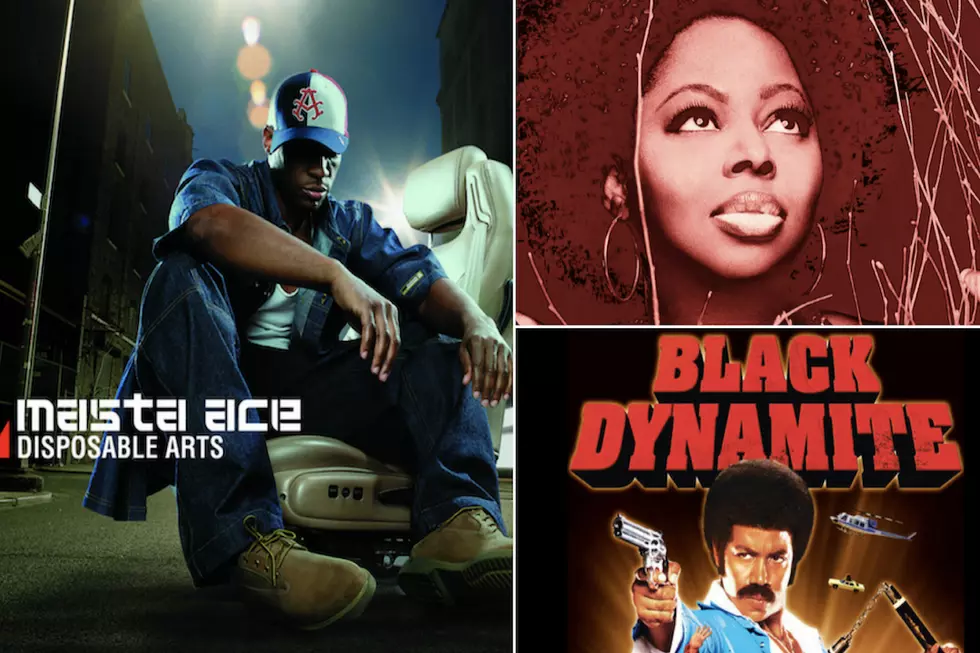New York Times Puts the Music Industry on Death Watch
Music industry: you're on notice. The New York Times, America's best newspaper at reporting on trends that have been occurring for years as breaking news, recently printed an op-ed piece predicting that the music industry will completely crumble in the next decade.
"According to data from the Recording Industry Association of America, since music sales peaked in 1999, the value of those sales, after adjusting for inflation, has dropped by more than half," writes columnist Charles M. Blow. "At that rate, the industry could be decimated before Madonna's 60th birthday."
First off, thanks for the reminder on Madonna's age. Second, it might be worth pointing out that industries can still move forward with new models and reduced sales numbers. There have been so many great American records that were made with no regard for industry or profits. Isn't that what really matters? The industry could still survive in the past while taking chances once in awhile.
Blow does go on to make a solid point regarding the public's changing listening habits. "In previous forms, you had to take the bad with the good," he writes. "You may have only wanted two or three songs, but you had to buy the whole 8-track, cassette or CD to get them. So in a sense, these bad songs help finance the good ones. The resulting revenue provided a cushion for the artists and record companies to take chances and make mistakes. Single song downloads helped to kill that."
That, in combination with CDs' penchant to become coasters after the buyer loads songs on his or her computer, puts the emphasis on digital sales. He's right. People won't buy a horrible album when they can have one good song on the dollar menu. This speaks to the low quality of today's music in general, though. For every Hot 97 "play it three times an hour" jam, there's still a 'Blueprint 3' or 'Only Built 4 Cuban Linx 2' that fans anticipate for the entire album and vision.
Blow cites some other interesting data. "A study last year conducted by members of PRS for Music, a nonprofit royalty collection agency, found that of the 13 million songs for sale online last year, 10 million never got a single buyer and 80 percent of all revenue came from about 52,000 songs. That's less than one percent of the songs."
Pretty striking, but this is yet another instance of not fully understanding or embracing technology. 13 million songs a year is the product of musicians (both professional and amateur) having access to cheap home recording setups. A good chunk of those unheard 10 million songs don't deserve to be purchased because they sound like absolute garbage.
Either way, it's just common sense. The music industry is (and has been) dying because they are not adapting at an appropriate pace. Statistics will be skewed and sales stats will be lower, but the democratization of recording gives music makers more power to monetize their product how they see fit. If the industry wants a part in that, they'll be just fine. If they don't, then they can keep walking the plank and see how that works out.
More From TheBoombox









